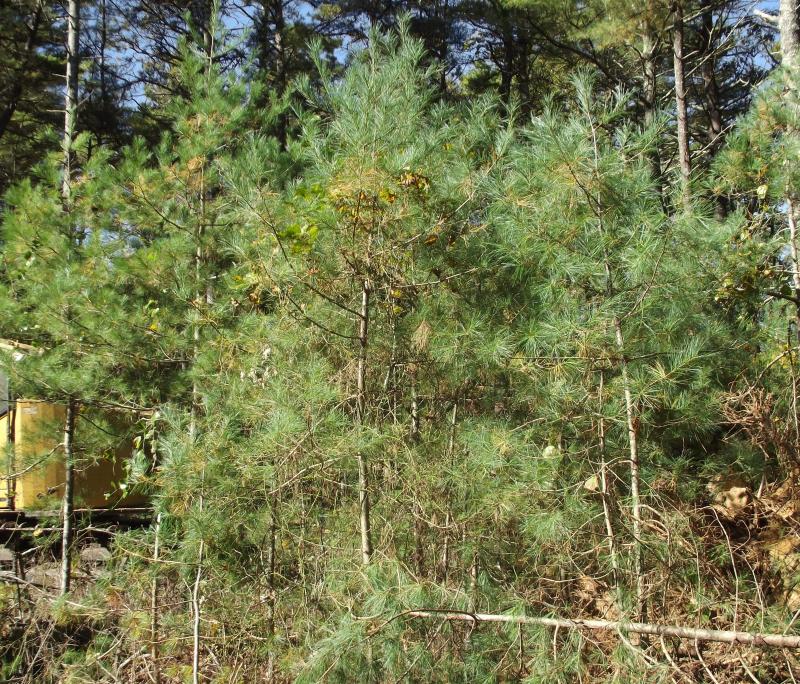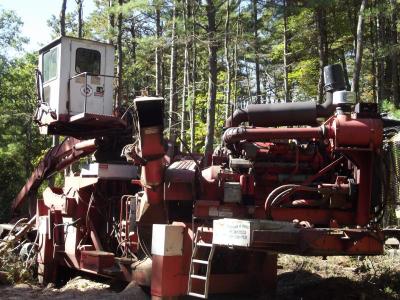Crews taking down red pines in Wareham's Minot Forest
If you happen to be driving around Minot Forest and see machines putting trees through a wood chipper, don’t be alarmed.
A project to rid Minot Forest of a legion of dead red pine trees is now underway.
“It’s going to look devastated, but the new growth is coming up already,” said Minot Forest Committee Chair Angela Dunham.
The project began about a year ago after Tropical Storm Irene hit Wareham and knocked over a number of red pines, many of which are extremely tall and extremely brittle. They’re not native to the area, and actually thrive in colder climates further north.
The red pines were planted after the 1938 hurricane took out huge swaths of forest. Unfortunately, many of the red pines are now dying, not only in Wareham, but across the South Coast.
“Their lifespan has been shortened because this isn’t the climate for them,” said Selectman Peter Teitelbaum, who formerly served on the Minot Forest committee. He noted that the red pines are dying at roughly the same time because they were all planted at the same time.
The red pines prevent the native white pines from getting the sunlight they need to thrive. This project will clear away the remains of the non-native red pine and allow native plants to flourish.
The project, which experienced some delays, is being paid for out of the town's conservation budget.
“The first thing that delayed it is we had to get a contract in order,” said Dunham. “The contractor was ready last winter.”
After the contract was in place, the logger was injured. Then he had an issue with his equipment. He is now splitting his time between Minot Forest and another project, Dunham said.
Wareham is getting a discount from the logger, who can sell the wood chips by the pound, as wood chips can be turned into fuel or used to make bedding for horses.
Teitelbaum noted that there has been at least one unforeseen benefit of the project's delay.
“In a way, it’s worked out better," he said. "Since we’re doing it in the fall, we’re not disturbing nesting creatures.”















